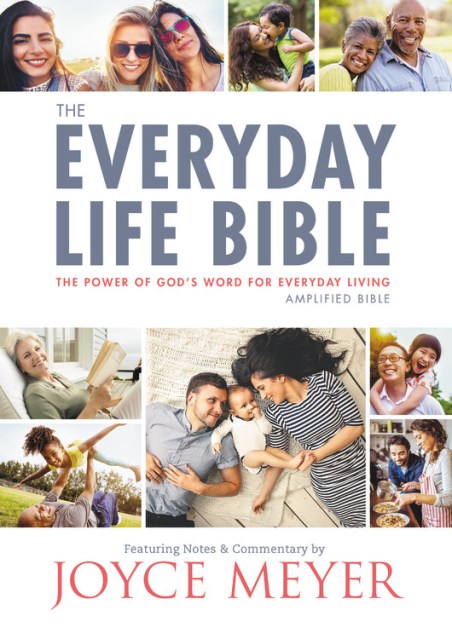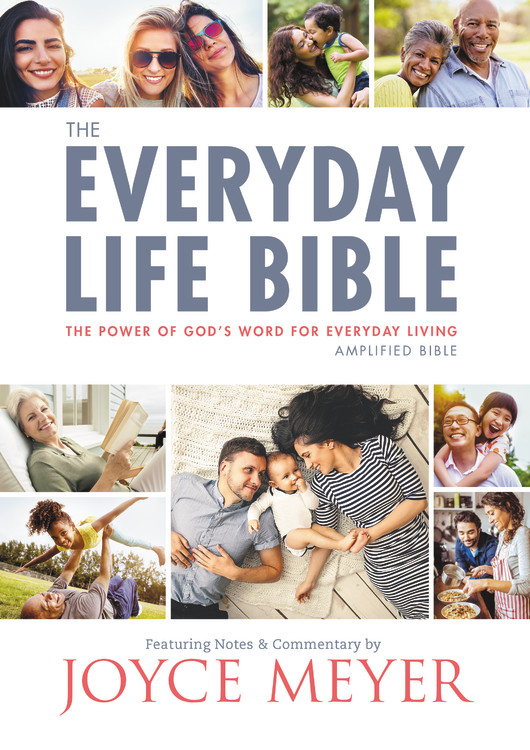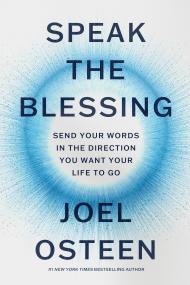By clicking “Accept,” you agree to the use of cookies and similar technologies on your device as set forth in our Cookie Policy and our Privacy Policy. Please note that certain cookies are essential for this website to function properly and do not require user consent to be deployed.
The Everyday Life Bible
The Power of God's Word for Everyday Living
Contributors
By Joyce Meyer
Formats and Prices
- On Sale
- Apr 10, 2018
- Page Count
- 2176 pages
- Publisher
- FaithWords
- ISBN-13
- 9781478922919
Price
$34.99Price
$45.99 CADFormat
Format:
- Trade Paperback $34.99 $45.99 CAD
- Leather/fine binding (Large Print) $99.99 $129.99 CAD
- Leather/fine binding $89.99 $112.99 CAD
- Leather/fine binding $79.99 $101.99 CAD
- Leather/fine binding $89.99 $112.99 CAD
- Leather/fine binding $79.99 $101.99 CAD
- Leather/fine binding $79.99 $84.99 CAD
- ebook $18.99 $24.99 CAD
- Hardcover (Large Print) $69.99 $88.99 CAD
- Hardcover (Spanish) $49.99 $62.99 CAD
This item is a preorder. Your payment method will be charged immediately, and the product is expected to ship on or around April 10, 2018. This date is subject to change due to shipping delays beyond our control.
Buy from Other Retailers:
In the decade since its original publication, The Everyday Life Bible has sold 1.1 million copies, taking its place as an invaluable resource on the Word of God. Simultaneously, Joyce Meyer’s renown as one of the world’s leading practical Bible teachers has grown, as she continues to study and teach daily. This new edition updates Joyce’s notes and commentary to reflect the changes made in the revision of the Amplified Bible which refreshes the English and refines the amplification for relevance and clarity. The result is The Everyday Life Bible that is now easier to read and better than ever to study, understand, and apply to your everyday life.
Newsletter Signup
By clicking ‘Sign Up,’ I acknowledge that I have read and agree to Hachette Book Group’s Privacy Policy and Terms of Use







